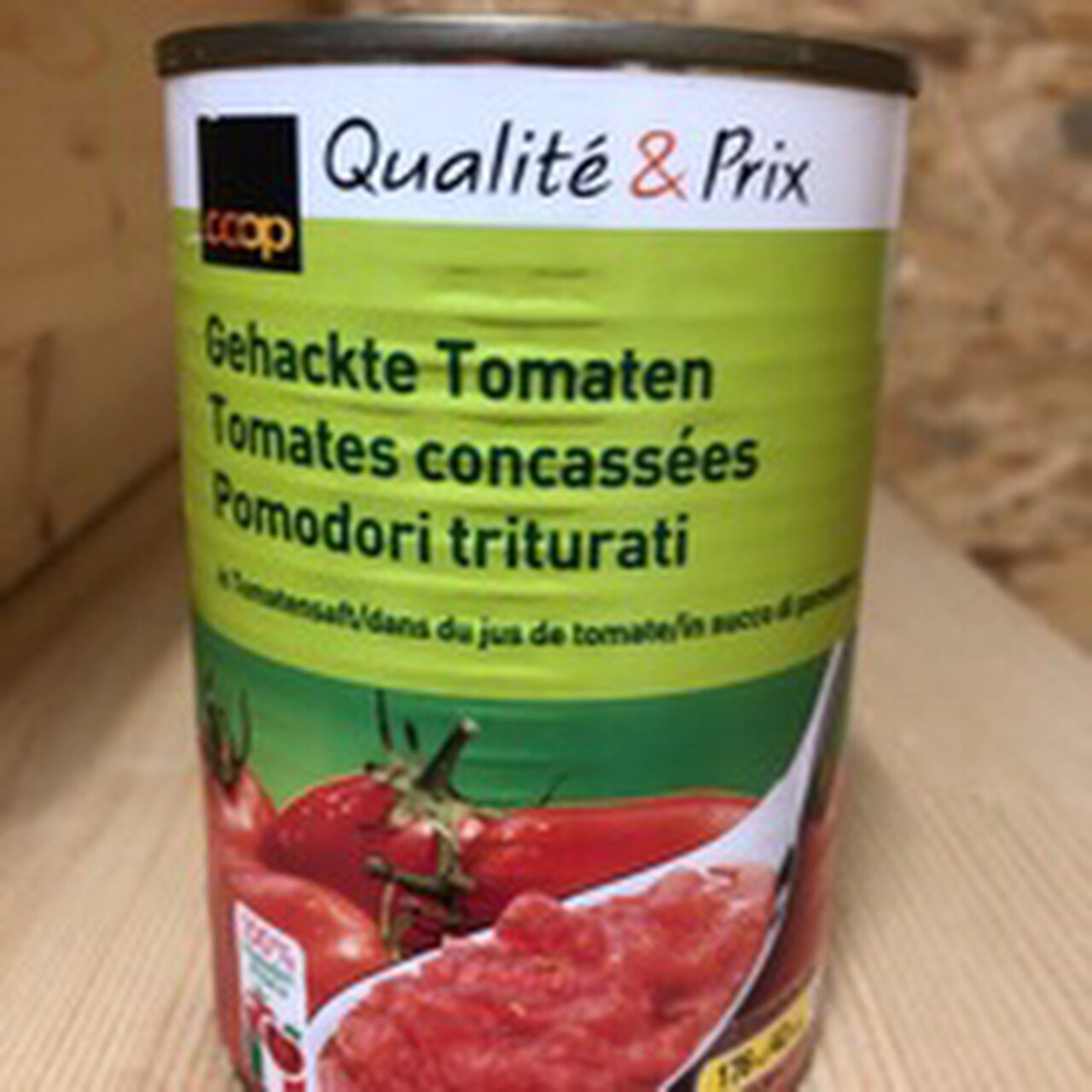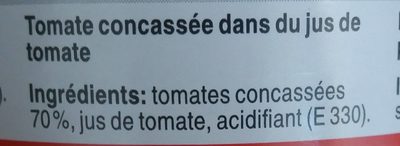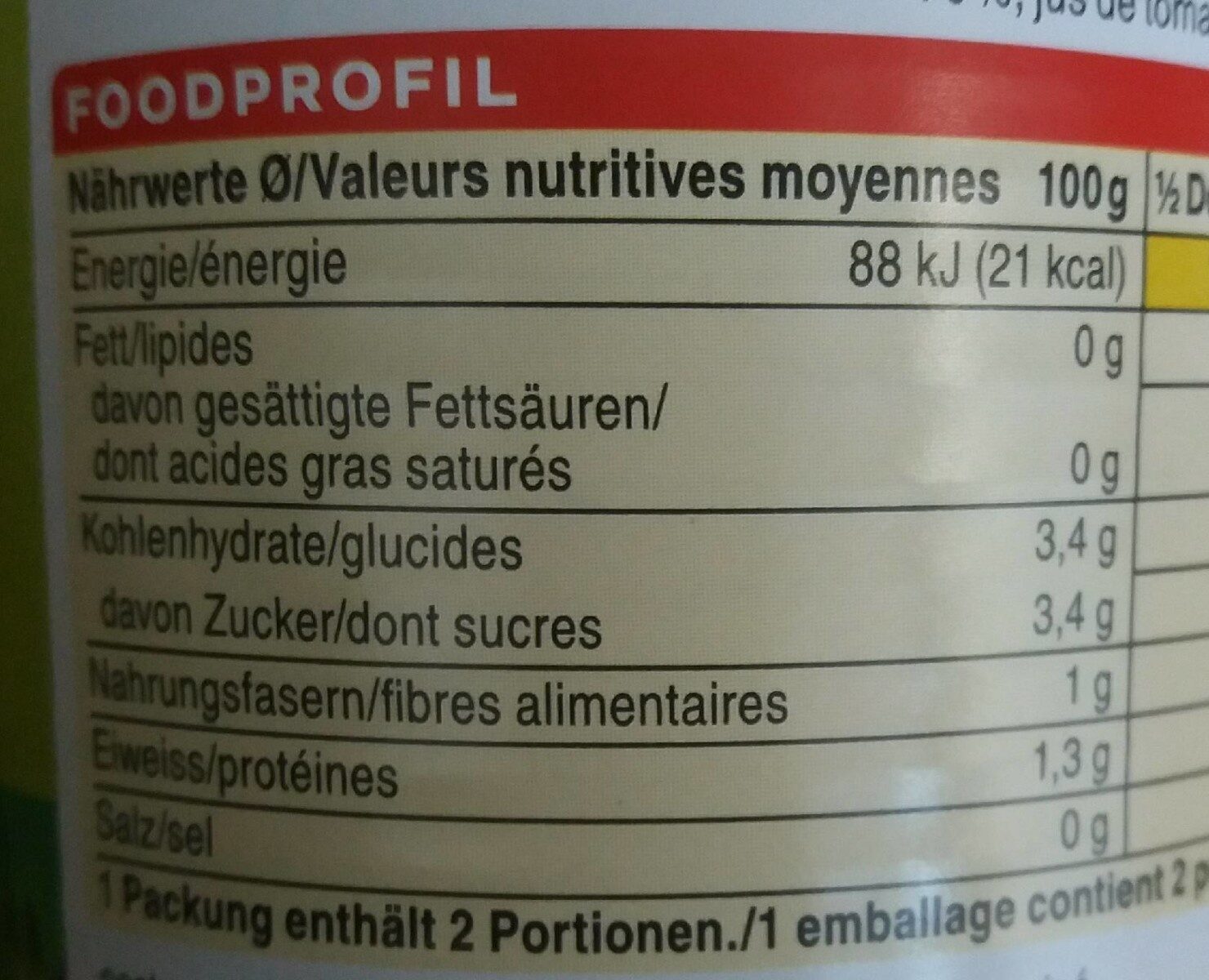Tomaten gehackt - Coop - 400g
This product page is not complete. You can help to complete it by editing it and adding more data from the photos we have, or by taking more photos using the app for Android or iPhone/iPad. Thank you!
×
Barcode: 7610800030447 (EAN / EAN-13)
Quantity: 400g
Packaging: Canned
Brands: Coop, Qualité & Prix, Coop Qualité & Prix, Tomaten
Categories: Plant-based foods and beverages, Plant-based foods, Fruits and vegetables based foods, Canned foods, Vegetables based foods, Canned plant-based foods, Vegetables, Canned vegetables, Tomatoes and their products, Tomatoes, Canned tomatoes
Origin of ingredients: Italy
Manufacturing or processing places: Italie
Stores: Coop
Countries where sold: France, Germany, Switzerland
Matching with your preferences
Environment
Carbon footprint
Packaging
Transportation
Report a problem
Data sources
Product added on by date-limite-app
Last edit of product page on by prepperapp.
Product page also edited by aleene, domeg, ecoscore-impact-estimator, inf, itsjustruby, kiliweb, openfood-ch-import, openfoodfacts-contributors, packbot, quechoisir, tacite-mass-editor, yuka.ZTZZalQ2MHI5c0VIbThGaTJqUGZwZmQybmJtNFIzeWJMT1U3SUE9PQ, yuka.sY2b0xO6T85zoF3NwEKvlkdbD_TunwuVaETRtB2g78iPHs3EbttL-rnWCas.









